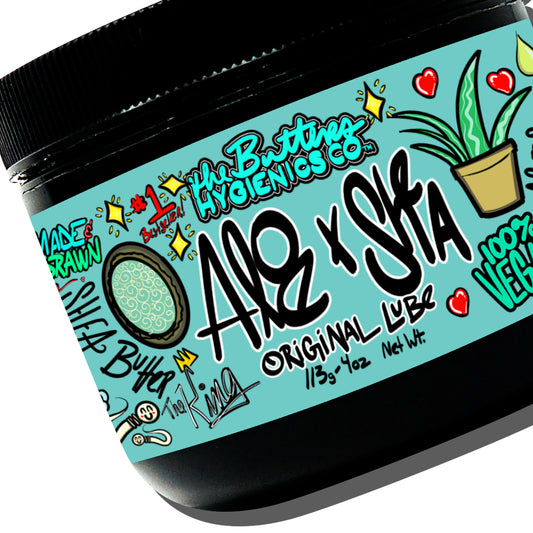
Why I Hate Being Asked My Pronouns—It's Not What You Think
Share
The practice of asking people their pronouns has become an easy shortcut to signal understanding, inclusivity, and modernity. It has also become so commonplace that it borders on the performative. However, if it makes the world better, I'm for it. Still, personally, I hate being asked. Here’s why.
I grew up in a household of all women, taught by women, shaped by their perspectives. Also, being gay and autistic—traits evident from when I first developed a personality—I’ve rarely been validated in the traditional, masculine sense. Without a male role model, I had to forge my own path and decipher what it meant to be a man, drawing from every scrap of information from society, religion, culture, home life, and school.
Throughout my life, I’ve been told I wasn't strong enough, lacked willpower, and wasn't anything a man should be—because I’m gay, because I'm overweight, because I'm emotional, because I'm liberal and conscientious—all of which are viewed as undesirable traits for a man. Despite being 100% cisgender, my entire life has been a struggle to earn recognition as a man. Now at 36, being asked if I’m a boy or a girl again strikes a raw nerve. Even though I understand the reasoning behind the question, I can't help but wonder, "Do they not see me as a man?" This thought stings deeply every single time.
Many might wonder why I can't simply ignore these feelings. The truth is, I already do. I don’t tell anyone in my daily life to stop asking about pronouns, nor am I suggesting we should stop. However, if the intent behind asking pronouns is truly to make the world more inclusive and comfortable for everyone, perhaps we should trust people to express themselves as they are. Nonverbal communication is powerful. In fact, we often do judge a book by its cover—and sometimes, we should, especially when someone has dedicated considerable effort to crafting that exterior, as I know from designing book covers meant to communicate specific messages at a glance.
Expressing gender non-verbally is a learned skill, much like the crafting of a book cover. No culture exists where people aren’t categorized at a glance—it's too taxing mentally, unless everyone adopts this practice. While the intent behind asking pronouns is well-meaning, it inadvertently imposes further challenges on those of us, particularly within the gay community, who already face significant hurdles in embracing our gender identities.




